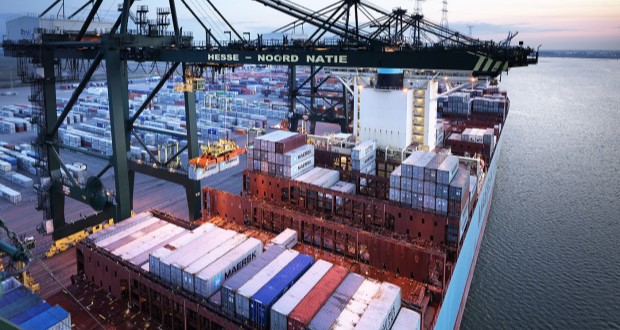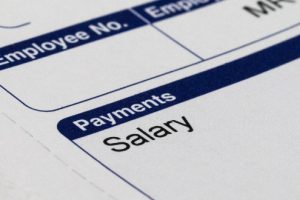However, Brexit, the weather, the economy and the war in Ukraine have all made it difficult for anyone trying to maintain food supplies to their customers. What is the current situation from Flanders’ perspective and what are we doing to make your life easier?
Britain is the world’s third largest net importer of food and drink, leaving it particularly exposed. The shortages of fresh food and vegetables in February were caused by the weather and the additional bureaucracy introduced following Brexit.
EU-based fresh food suppliers will serve their home markets before their overseas market when supplies are low (unless there are large contracts they have to fulfil or where importers are prepared to pay a huge premium). In short, why export your produce when you can easily sell it at home without the additional hassle?
Flanders is one of Britain’s closest neighbours. It is the northern region of Belgium that includes the key ports of Antwerp-Bruges, Zeebrugge, Ostend and North Sea Port (Ghent), where so much of the EU’s trade comes in and out.
We regard Britain as one of our most important markets. It is in our interests, as much as yours, to solve the challenges of Brexit. The data suggests we’ve been successful. Britain imported 18% more food from Flanders in 2022 than the previous year, and there was a massive 40% increase in the import of milling products and a 37% increase in the import of oils and fats.
However, these rises have been driven by the peculiar circumstance of 2022 that I mention at the beginning.
Research carried out among more than a thousand UK traders for Flanders Investment & Trade in May 2023 found that nearly 74% of UK companies agree that they had been forced to consider alternative markets due to the bureaucracy involved in trading with the EU post Brexit.
The food shortages in February highlighted the impact of this on retailers. We have to reduce the bureaucracy of trade, for the benefit of companies on both sides of the channel.
That’s why, in June 2023, Flanders launched Gateway Britain, which aims to make trade between Flanders and Britain as frictionless as possible.
The application will allow traders to fill out just one dataset online, which is then automatically shared with all the relevant supply chain & logistics partners. If we can make trade as easy as serving the home market, Britain should experience less shortages.
 Dirk Verlee is trade and investment counsellor at Flanders Investment & Trade, based at the Belgian Embassy in London
Dirk Verlee is trade and investment counsellor at Flanders Investment & Trade, based at the Belgian Embassy in London
Flanders’ Finest Flavours is taking place in October. Exhibitors will include artisanal beer, premium gin, spirit brands, organic chocolate, dried meats and keto snacks.
 Talking Retail Grocery and product news for independent retailers
Talking Retail Grocery and product news for independent retailers






